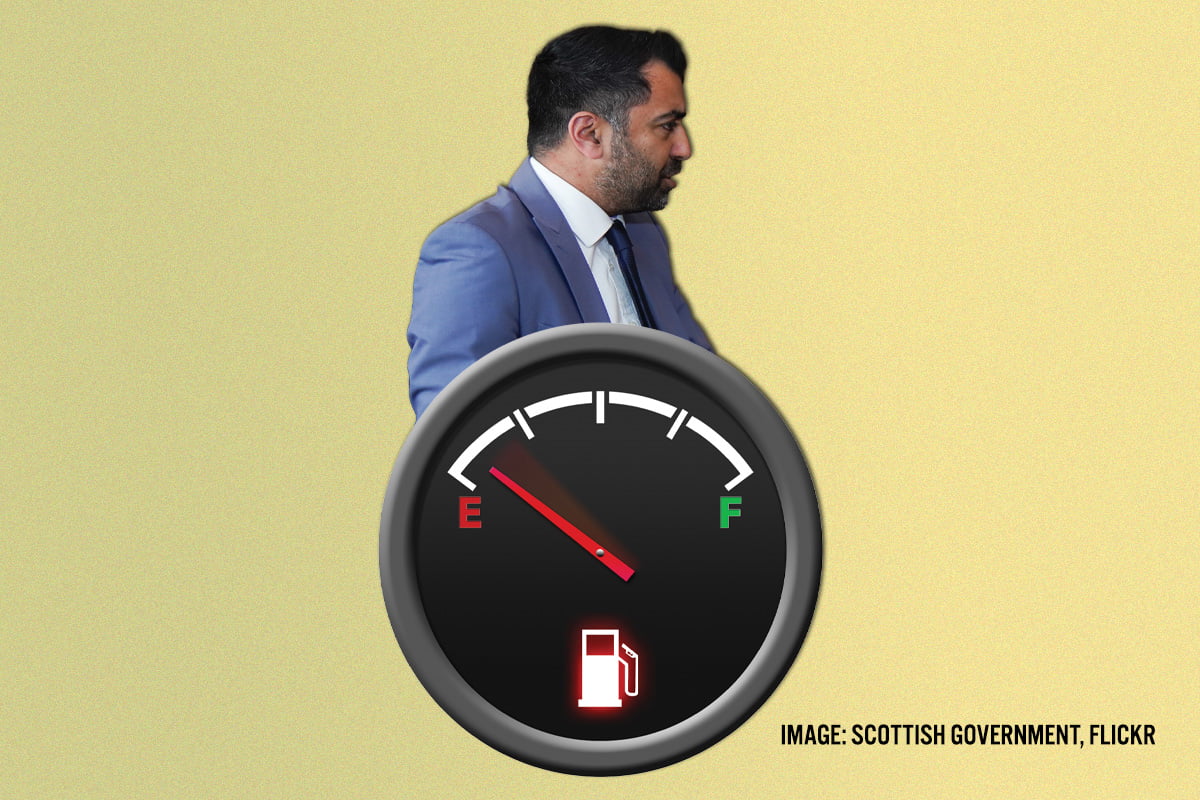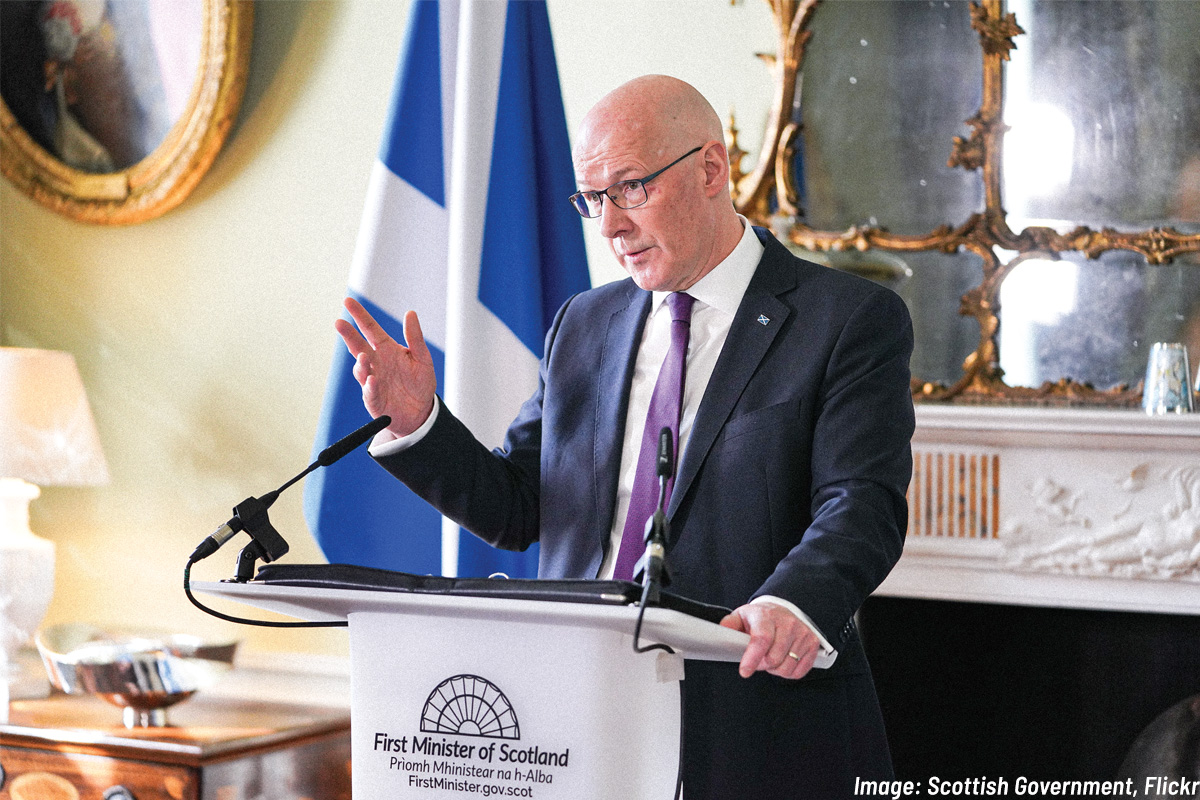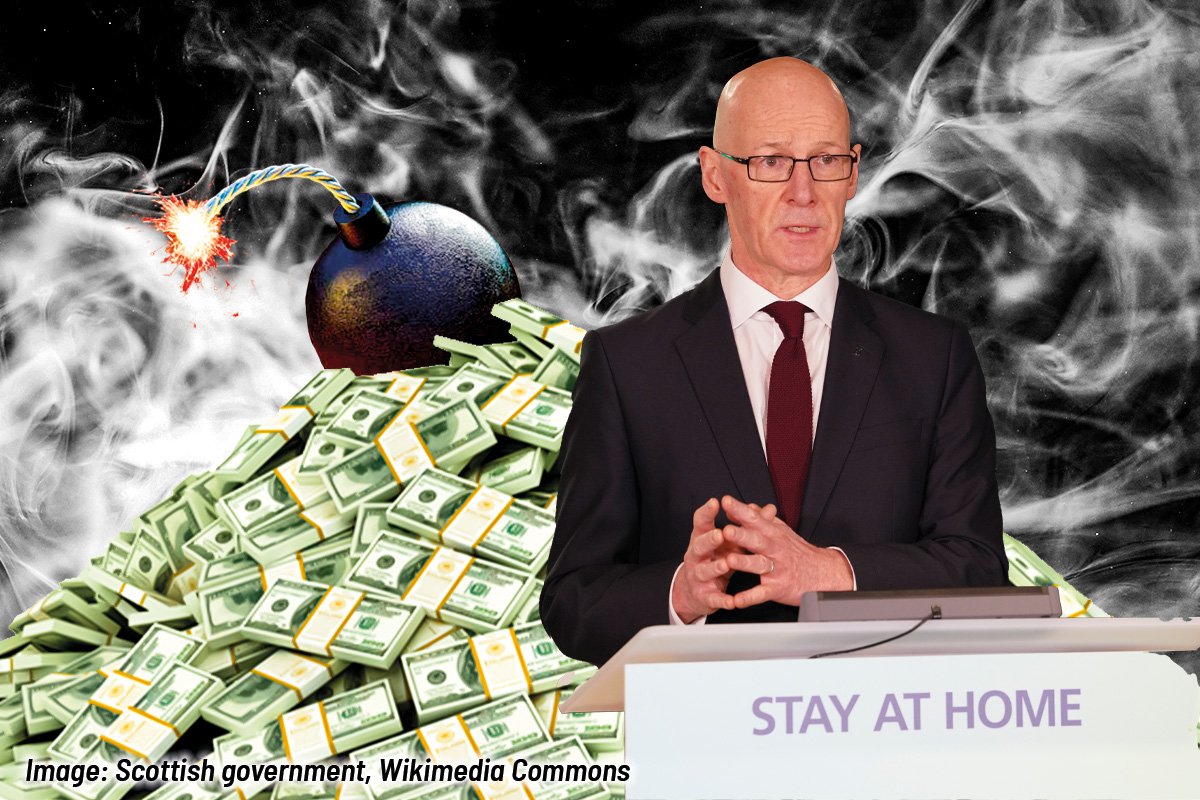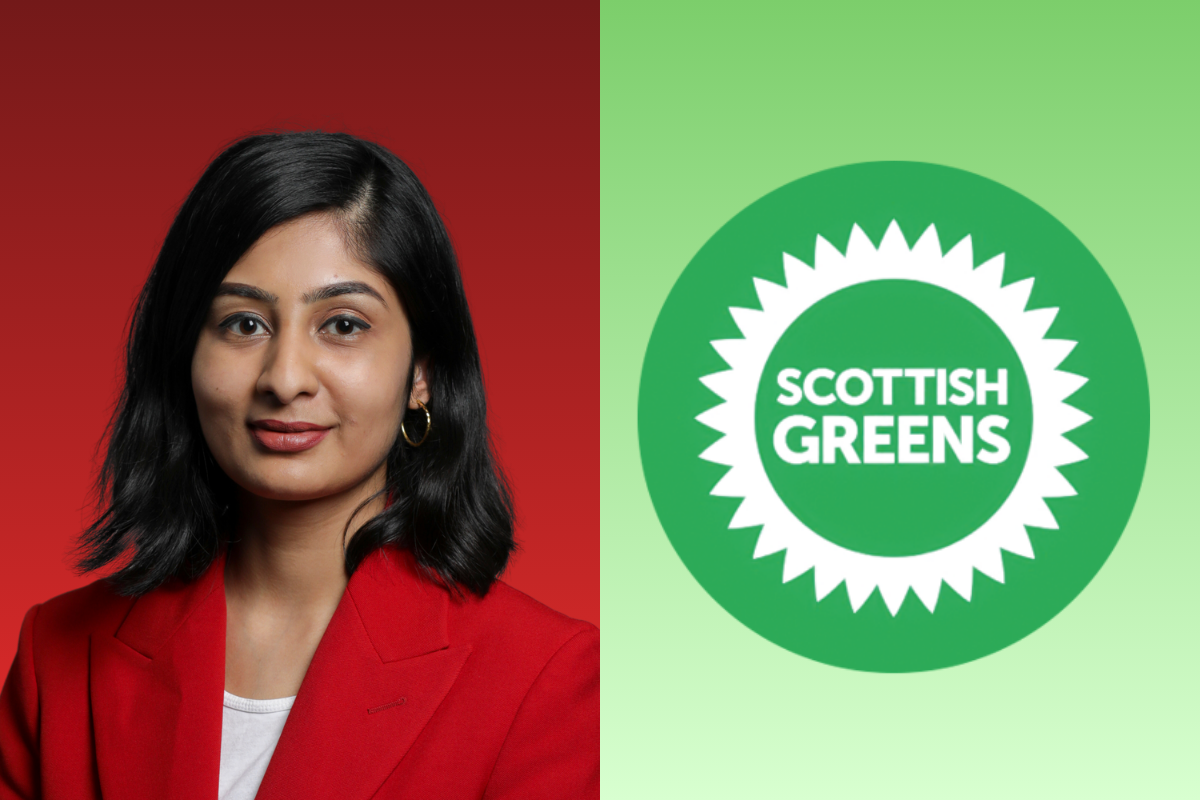The Scottish government is in a desperate situation. The meagre reformist platform it has stood on for more than ten years is beginning to fall apart.
The SNP has nothing left to inspire the movement for independence, which is receding further from view. On top of this comes a renewed epoch of capitalist austerity, which is tearing at the party’s credibility. Consequently, political splits and fragmentation are on the order of the day.
Opinion polls show a stabilisation for the SNP, which is no longer predicted to slip behind Labour. Nevertheless, the next election will likely be punishing for Humza Yousaf and his party.
The First Minister now attempts to redefine an SNP victory in Scotland as winning a majority of Scottish MPs. But this would still be a steep drop from the party’s previous levels of support.
Unless he can somehow reverse the party’s decline, the knives will be out for Yousaf. His attempts to do this so far, however, have only dug him deeper into a hole.
Budget black hole
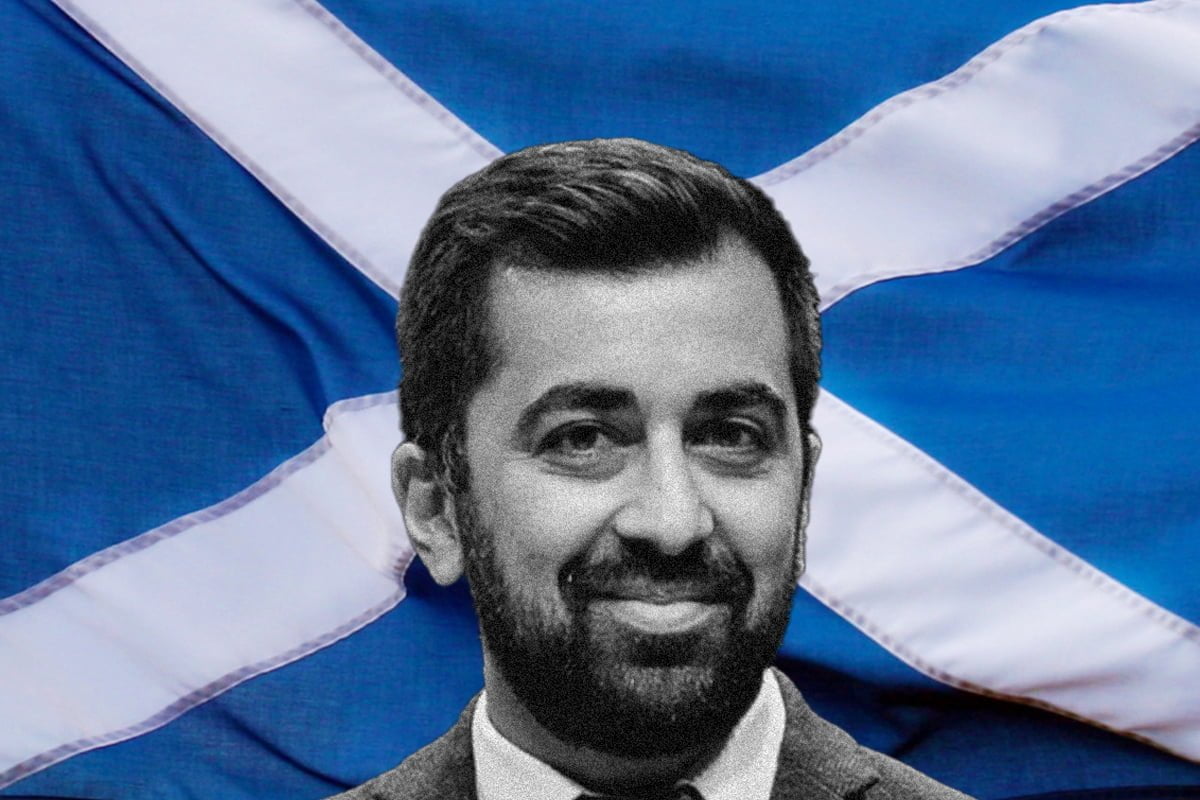
This year’s Scottish Budget illustrates this.
Last year, the Scottish government discovered a billion-pound hole in its financial plans. And the SNP was shaken by losing a seat to Labour in the Rutherglen and Hamilton West by-election.
Something needed to be done. And Yousaf conjured up a proposal to raise the higher rates of income tax and freeze council tax, in order to entice voters back.
This policy has proven to be a political disaster, however, drawing strong opposition from local councils across Scotland.
Inverclyde council and Argyll & Bute council have rebelled against the Scottish government’s plans, increasing taxes by 8-10 percent.
The majority of local authorities have chosen to comply with the freeze, in exchange for a few crumbs from Holyrood, while complaining that they are left having to implement millions of pounds in cuts to local services.
For many councils, like Glasgow, Yousaf’s plans leave them financially crippled.
Internal opposition
Interestingly, however, the SNP’s budget woes have provoked some internal opposition – not from the left, but from the right.
The SNP’s Green coalition partners ultimately swallowed these austerity policies like they always do, as long as they can be dressed up with a ‘progressive’ veneer.
Those on the right of the SNP, however, such as one-time leadership hopeful Kate Forbes, have called for the party to dump the Greens and effectively shift the Scottish government to the right.
Forbes has criticised the increases to income tax and the new tax bands. Echoing business groups, she argues that “continually increasing taxes is ultimately counter-productive” and will harm economic growth.
This will sound familiar to anyone who has heard the myth of ‘trickle-down economics’, or listened to any of Tory Chancellor Jeremy Hunt’s recent speeches.
Indeed, Forbes has subtly implied that the Scottish government shouldn’t diverge too greatly from Westminster policy – for example, by having six income tax bands, versus three south of the border.
The thinking among some quarters of the SNP is possibly that greater alignment with the rest of the UK – on budget policies and investment – would be preferable to the “good old-fashioned rammy” with the Tories that Sturgeon often sought.
Faction fight
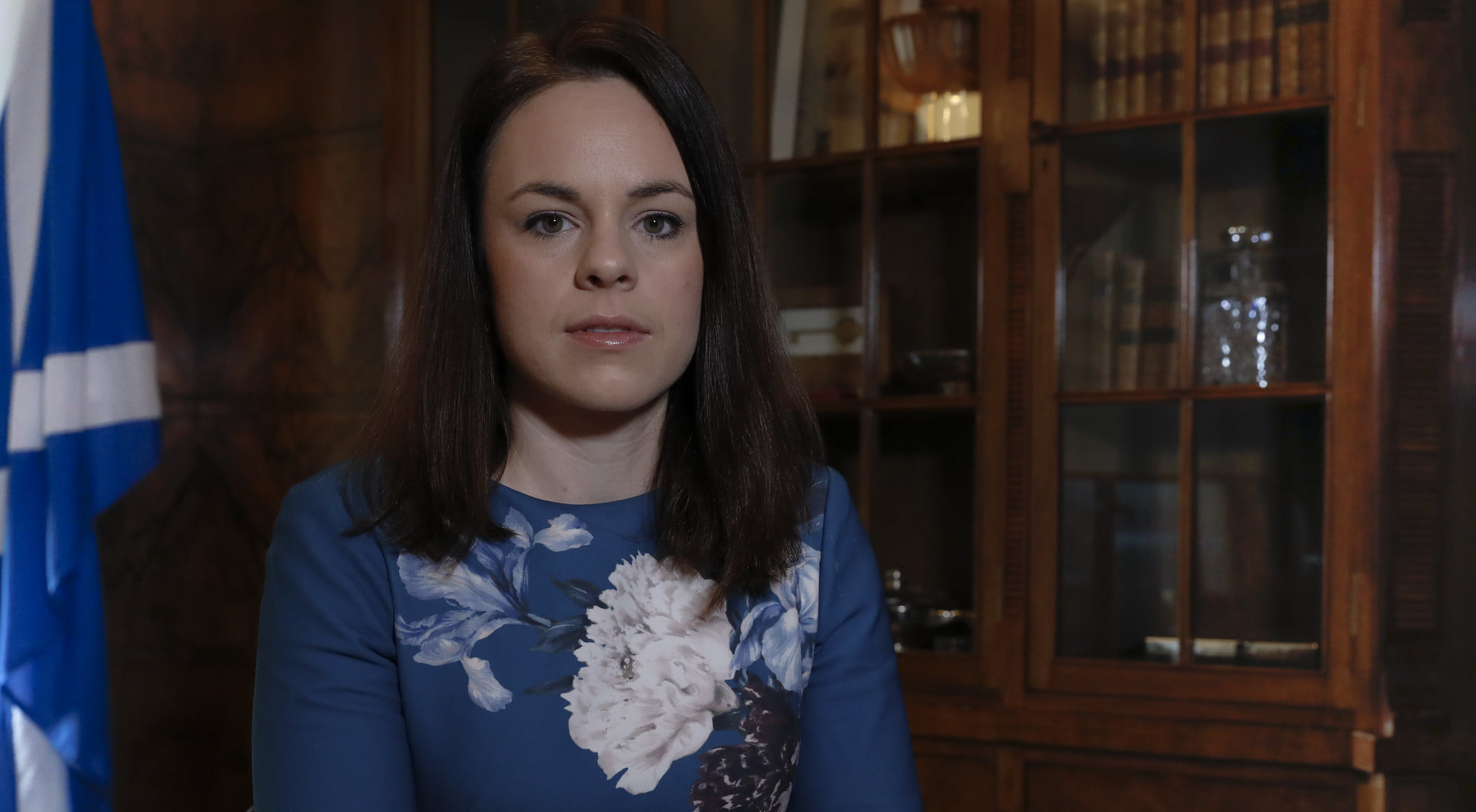
Forbes’ socially conservative views and consequent hostility to the Scottish Greens are well-known. Green deputy Lorna Slater has publicly accused her of “building a faction” over these issues.
Humza Yousaf, meanwhile, insists that the SNP is and will remain a “progressive” party. But Forbes’ campaign in last year’s leadership election proved that not all in the SNP agree.
If Forbes is forming a faction, it appears it will not just be over questions like LGBT rights, but also over the Scottish government’s economic and fiscal policies – and over the overall strategic direction of the SNP itself.
The ‘Tartan Tories’ never really left the SNP. And after the failure of the ‘social-democratic’ and liberal turn that the party made in the early years of devolution, they may be in the mood for a comeback.
Perhaps Yousaf is already feeling their influence. Sturgeon’s successor has come out in opposition to Labour’s proposed increase – from 75% to 78% – to the windfall tax on energy companies.
In 2022, the SNP loudly called for this levy, in order to address the cost-of-living crisis. But now the First Minister condemns it as an attack on the Scottish oil and gas sector.
If the SNP suffers significant losses at the next Westminster election, there is a real possibility of civil war breaking out inside the party. This will only turn more working-class supporters away from the SNP, in search for a genuine opposition to capitalist decay.

